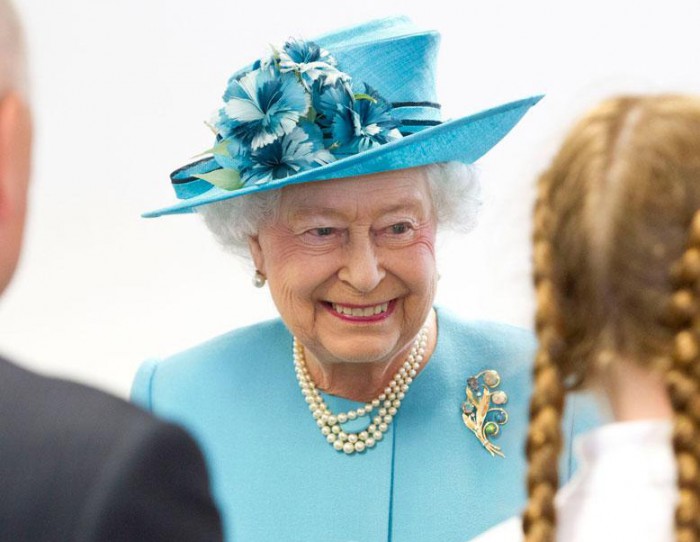9th September 2015
The Queen: a personal view


This blog needs no other title. We all know who we mean when we speak of The Queen. And there is plenty of information around the web at the moment (the BBC, for example, has many fascinating details about Her Majesty’s reign on its website). At 63 years seven months and counting, The Queen this week becomes the longest serving British monarch.
In a celebratory article I wrote for the Vatican newspaper L’Osservatore Romano, I wanted to focus on the extraordinary sense of service and duty that has characterised Her Majesty’s reign. That will be the tenor of many of the words and articles we hear and read over the next few days, and quite rightly so. Her Majesty swore at her coronation in Westminster Abbey to serve God and the British people, and the other peoples over which she reigned. She has asked that 9 September, the day she “overtakes” Queen Victoria, should simply be “business as usual”. The Queen will continue as she always has.
But so many will also have personal stories to tell. I recall as a ten year old the excitement of The Queen’s Silver Jubilee, when the whole school took part in a street party and dressed up as figures in British history (if I remember rightly, I was Howard Carter, the discoverer of Tutankhamun’s burial chamber!). I was first privileged to be received by Her Majesty when I started working as a private secretary to The Prince of Wales 15 years ago. In the course of my career since I have been able to see her at work, greeting countless people, giving wise advice and counsel, supporting the unsung heroes of daily life, representing and promoting the values of decency, faith, justice, democracy, the family, and hard work in all that she says and does. The Queen’s visit to the Vatican in 2014 to meet Pope Francis gave me an opportunity again to admire at close quarters her graciousness and indefatigable energy, supported as always by the Duke of Edinburgh (they celebrate their 68th wedding anniversary this November). I have even seen her, by chance, at Newmarket race course, enjoying a rare moment of leisure in an environment she loves (although I’m afraid her horse didn’t win that day…).
Yes, Her Majesty is an institution. But she is also a real person, subject to the joys and grief of the rest of us, personal tragedy as well as family happiness (the arrival of great grandchildren surely ranks high on the scale). As such, she is an example for us all, from the young girl surrounded by elderly men who touched the hearts of the world at the coronation in 1953, to the great grandmother she is today. It is this, I believe, from which springs the deep affection in which The Queen is now held by millions in Britain and around the world.
A very good piece Nigel, you hit many nails on their heads.
I was an usher at the Diplomatic Reception for 10 years and was always struck by how easily the Queen found something to say to all the various Ambassadors, High Commissioners and their families which was relevant to each one. She made the ‘least important’ states and the C.d’As feel as welcome and special as our closest allies. The evening must be the best and most effective soft diplomacy the FCO and the Government could wish for!
Caroline
Dear Nigel, Before joining the Foreign and Commonwealth Office, I was fortunate to work for the Royal Household for three years. I recall on one ocassion, prior to the start of one her summer Garden Parties, the sudden appearance of the Queen, who had decided that she wanted to see how the preparations were progressing. What impressed me the most is that the Queen took time to meet and talk to many of those who were there and in particular to express her gratitude to them for their contribution. Gavin